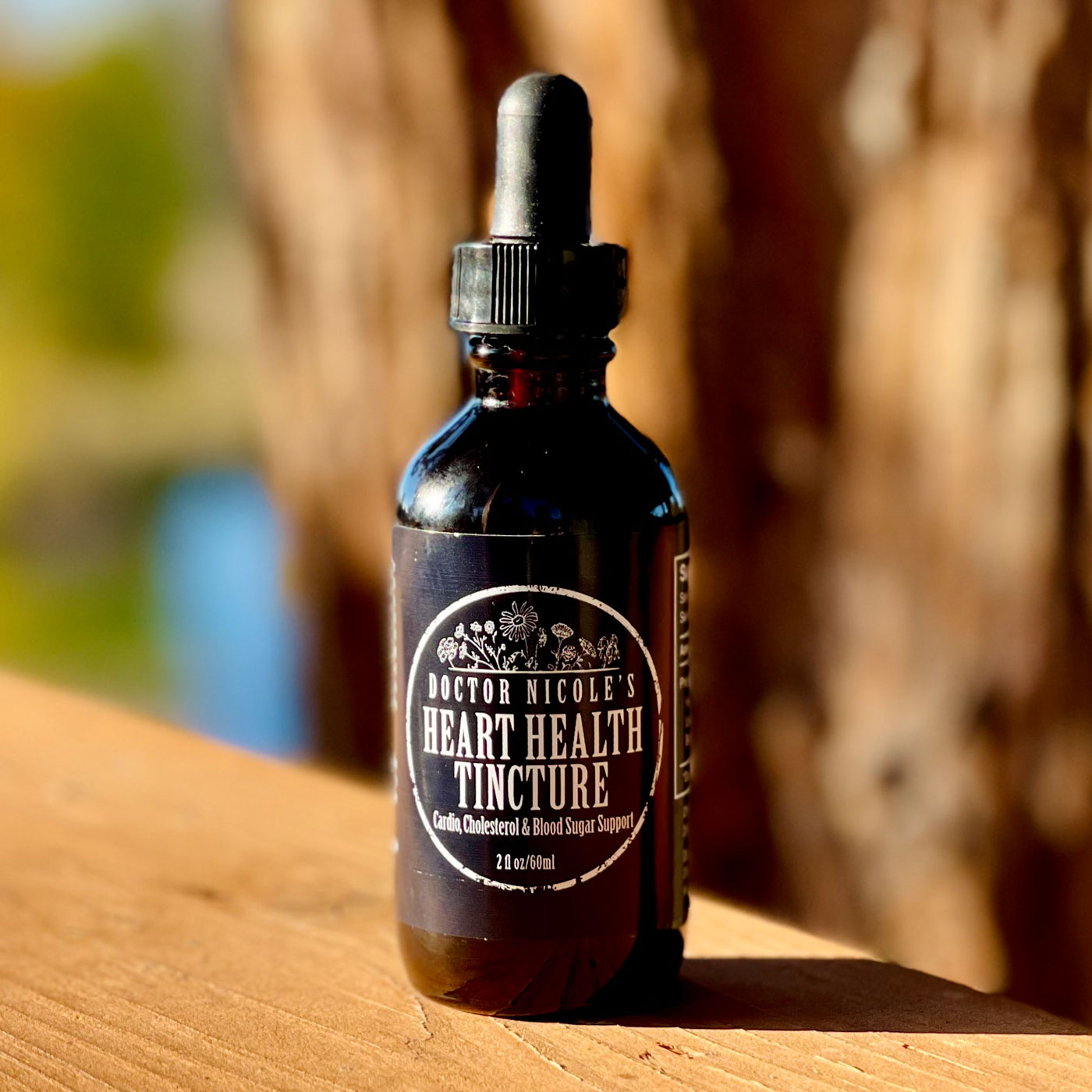One of the Best Practices We Can Adopt for Wellbeing
As we enter into the holiday season, we may struggle with certain family dynamics that have a history of unresolved hurts or wounds. Seasonal celebrations such as Thanksgiving and Christmas in particular tend to bring these issues to the forefront and we may find ourselves reliving old grudges and resentment. While this is understandably human as most have had experience in this area, we also should be highly motivated to forgive — even when the situation isn’t resolved to our liking. Why? Because both our physical and mental wellbeing depend on it. It’s important to keep in mind that forgiveness isn’t just about saying the words, it is also an active process involving letting go of negative feelings. For many, this doesn’t come easily. Thankfully, it is a skill that can be learned by anyone. Let’s have a look at how it impacts health and happiness, plus the steps we can take to be more forgiving in our lives.
What is Forgiveness?
While we may have differing views on what forgiveness means, most can agree that it typically involves letting go of resentment, anger, and hostility towards another person or group. We may think that if we truly forgive, the emotional hurt and pain will dissipate. However, those feelings might always be present — it is the power they have over you that lessens. It is not the same as justice and doesn’t require reconciliation, nor does it involve forgetting or excusing the harm that was done to you. True forgiveness does involve feelings of understanding, compassion and empathy towards the other person. As you can see, forgiveness is a complex process, but well worth the effort as it significantly improves our health and happiness with the following tangible benefits:
- Reduced anxiety, stress, and anger
- Improved mental health
- Better relationships
- Less likely to experience severe depression and PTSD
- Stronger immunity
- Lower blood pressure and heart disease
- Increased energy and self-esteem
- Greater life satisfaction
One of the main beneficial characteristics of forgiveness is that it reduces stress. This not only improves mental health, but also overall physical health. Another important aspect is that forgiveness helps to alleviate long-standing anger, which “…can do a number on us systemically,” says Bob Enright, PhD, a psychologist at the University of Wisconsin, Madison. He adds, “When you get rid of anger, your muscles relax, you’re less anxious, you have more energy, [and] your immune system can strengthen.”2

How to Truly Forgive
Many of us struggle with forgiveness because we weren’t taught how to do it. Thankfully, this is a skill that can be learned. Some people are naturally forgiving by nature, but for the majority it is not something that comes easily. Below are a few ideas to help you develop the gentle art of true forgiveness.
Dr. Enright has created a therapy model that is a systematic approach we can use to encourage forgiveness. The four phases include: recognizing the negative feelings concerning the offense; making a conscious decision to forgive; cultivating understanding for the offending person; developing empathy and compassion for him or her.
A study published in the Journal of Consulting and Clinical Psychology found that this cognitive exercise helped spousal emotional abuse victims to experience less depression, anxiety, and PTSD by “see[ing] the other person as a wounded human being, as opposed to stereotyping them and defining them by their hurtful actions.”3
This recognition that no one is perfect (including ourselves) is one of the most powerful ways we can cultivate forgiveness and move forward. As we travel the path of forgiveness, several self-care methods may be helpful, including: journaling, gratitude, spending time in nature, and interests that encourage empowerment. Religious practices such as praying for your enemies and giving grace to those around us have been shown to encourage forgiveness as well.
Supportive Herbal Medicines
In Traditional Chinese Medicine (TCM) the heart is considered the emperor of the body and viewed as the most important organ that regulates all others. The heart is also the seat of forgiveness not only in TCM, but also in cultures around the world — including the West.
We may not associate the physical health of this vital organ with our ability to forgive, but science has shown that our emotional state is closely tied to our physical wellbeing — and vice versa.4 Several herbal formulations can help to support heart health, emotional balance, and, ultimately, the path of forgiveness.
To encourage cardiovascular and metabolic health, our convenient Heart Health Blend helps to regulate blood glucose, lower LDL cholesterol, reduce inflammation, and maintain healthy blood pressure levels. It contains potent extracts of Hawthorn, Tulsi (Holy Basil), Fenugreek, and Bilberry for blood sugar and blood pressure regulation, improved circulation, and overall heart health. This powerful blend is also outstanding for supporting vision and the eyes.
Next is our Anxiety & Stress Tincture, which helps the body to adapt to stress, calms the nervous system, and relieves anxiety, depression, and stress-related insomnia. It contains powerful adaptogens, medicinal mushrooms, and lemon balm, which is not only a potent nerve tonic, but also helps to boost the feel-good neurotransmitter GABA.5
By adopting a few cognitive and lifestyle habits, along with utilizing supportive medicinal herbs, we can encourage loving, forgiving hearts and renewed relationships — not to mention an improvement in overall wellbeing.
Interested in learning more about these and other supportive natural medicines? Visit the apothecary today!
Nicole Apelian
Nicole’s Apothecary Products in this Post
References
- Toussaint, L. L., Shields, G. S., & Slavich, G. M. (2016). Forgiveness, Stress, and Health: a 5-Week Dynamic Parallel Process Study. Annals of behavioral medicine : a publication of the Society of Behavioral Medicine, 50(5), 727–735. https://doi.org/10.1007/s12160-016-9796-6
- Chida, Y., & Steptoe, A. (2009). The association of anger and hostility with future coronary heart disease: a meta-analytic review of prospective evidence. Journal of the American College of Cardiology, 53(11), 936–946. https://doi.org/10.1016/j.jacc.2008.11.044
- Reed, G. L., & Enright, R. D. (2006). The effects of forgiveness therapy on depression, anxiety, and posttraumatic stress for women after spousal emotional abuse. Journal of consulting and clinical psychology, 74(5), 920–929. https://doi.org/10.1037/0022-006X.74.5.920
- “Your emotions and your heart”, Harvard Health Publishing, Harvard Medical School. https://www.health.harvard.edu/heart-health/your-emotions-and-your-heart
- Scholey, A., Gibbs, A., Neale, C., Perry, N., Ossoukhova, A., Bilog, V., Kras, M., Scholz, C., Sass, M., & Buchwald-Werner, S. (2014). Anti-stress effects of lemon balm-containing foods. Nutrients, 6(11), 4805–4821. https://doi.org/10.3390/nu6114805







